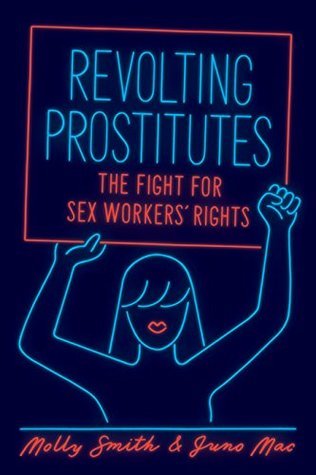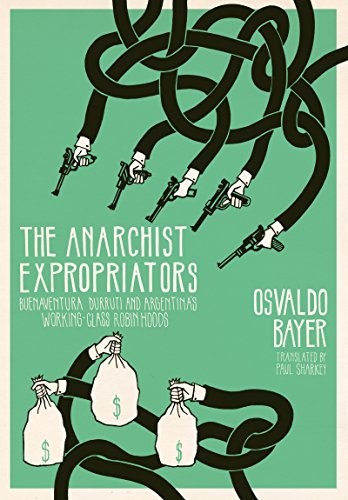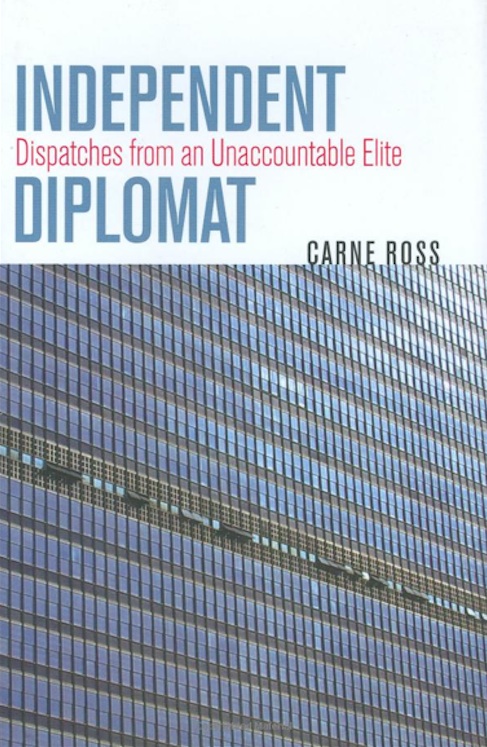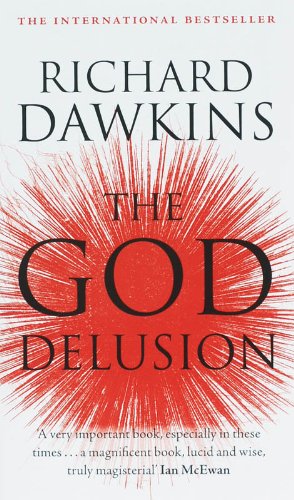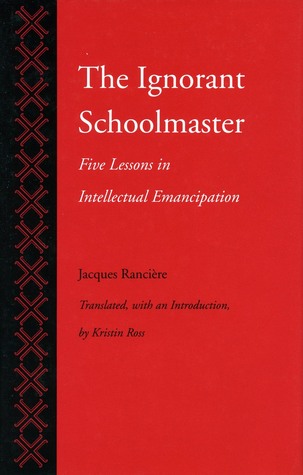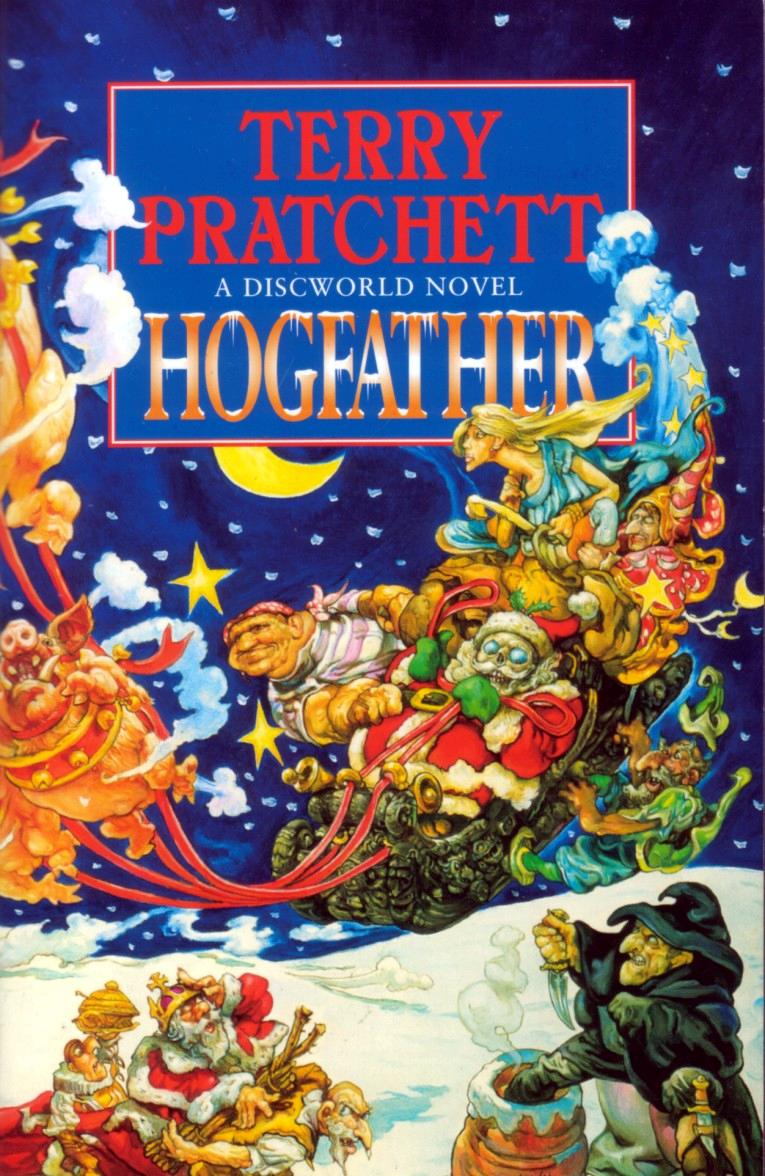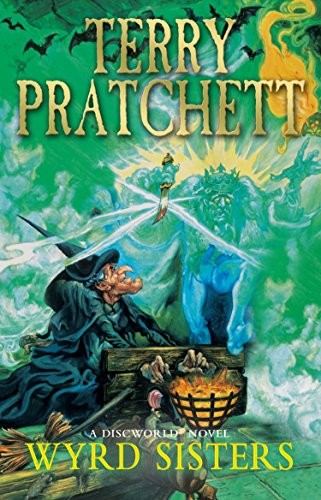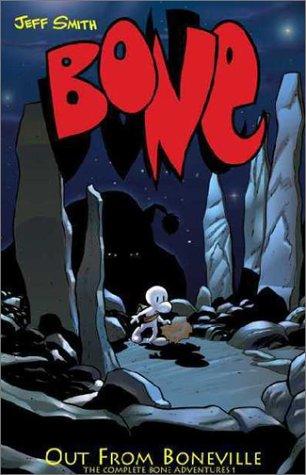nerd teacher [books] reviewed Revolting Prostitutes by Juno Mac
A Topic More People Need to Explore
4 stars
This book is one of the few that I found that talk about sex workers in a nuanced light. This is largely because it's a book that's by sex workers, and that makes all the difference.
As someone reads through it, they'll start seeing the connections between a lot of different issues and sex work in particular: trans and queer issues, homelessness, misogyny and violence against women, migrant issues, race, and so on. It provides one more link in a chain that highlights the ways in which everything is connected, which is something that more people really need to be cognizant of.
There are a few parts that I take issue with, and it's largely because they try to be... more polite to people than I think they ought to be. There's a part of the text where they say something along the lines that they want to sit down …
This book is one of the few that I found that talk about sex workers in a nuanced light. This is largely because it's a book that's by sex workers, and that makes all the difference.
As someone reads through it, they'll start seeing the connections between a lot of different issues and sex work in particular: trans and queer issues, homelessness, misogyny and violence against women, migrant issues, race, and so on. It provides one more link in a chain that highlights the ways in which everything is connected, which is something that more people really need to be cognizant of.
There are a few parts that I take issue with, and it's largely because they try to be... more polite to people than I think they ought to be. There's a part of the text where they say something along the lines that they want to sit down and have genuine conversations with anti-prostitution feminists who they openly acknowledge they disagree with to make their positions clear, but many of those people that they list are also known TERFs (Julie Bindel). I think such additions of "wanting to talk" are really just pointless, and they most certainly were in 2018 (when the book was published). The belief that we can just talk to these people and make them change their minds... I struggle with that because a lot of time has been wasted on just talking with these people, and they haven't budged an inch. In fact, they've entrenched further.
So while everything else was great and really informative and helped build a lot of connections between issues, I really just wish they would've removed these elements of "sitting down and nicely talking" with people who have shown themselves to be openly hostile and violently aggressive to calm discourse.

